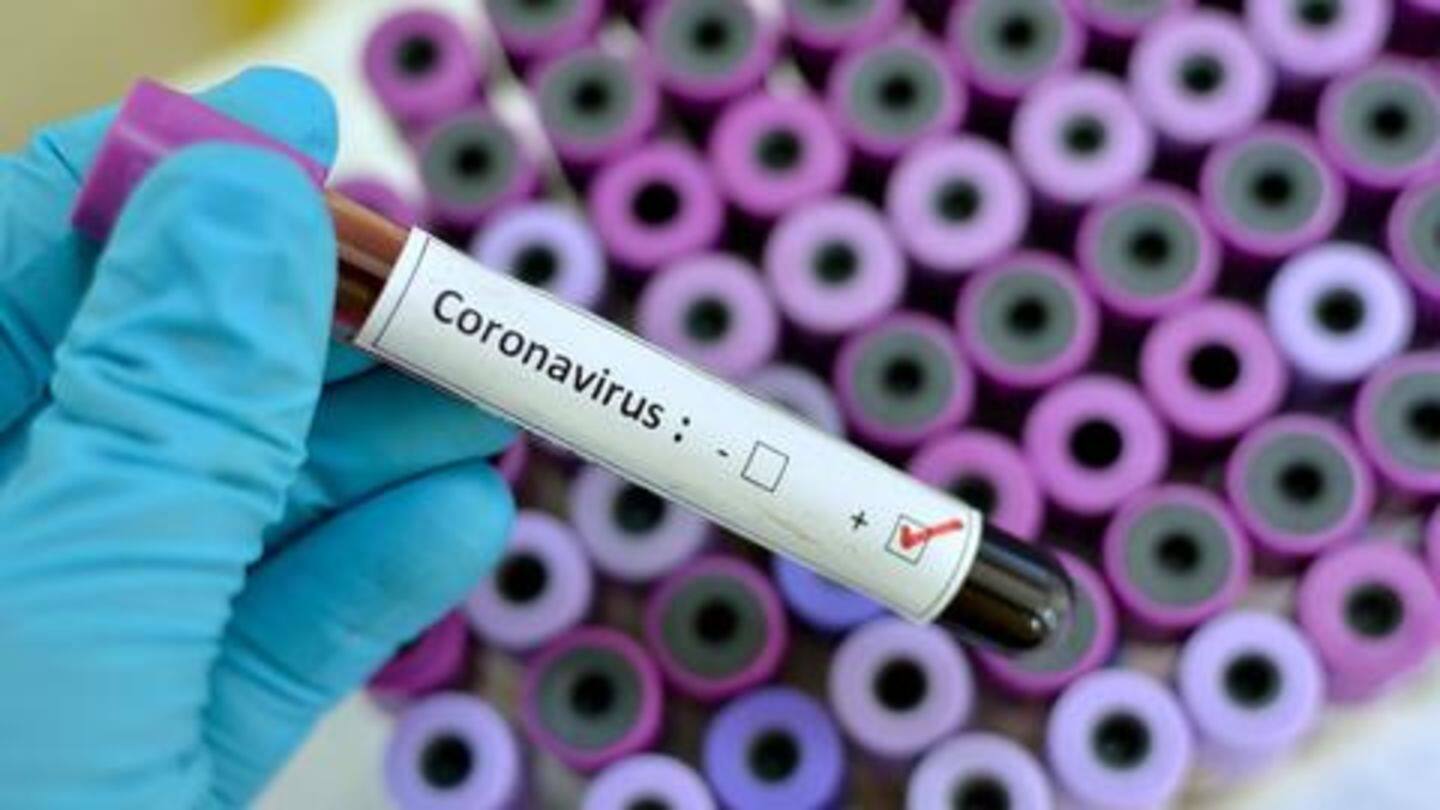
FDA allows new technologies to ramp up coronavirus testing efforts
What's the story
In a bid to ramp up testing efforts for coronavirus, the US Food and Drug Administration has allowed the induction of new diagnostic technologies. The move from the agency comes to make sure more testing options are available at a time when dozens are showing symptoms of the deadly disease in the US, and outbreaks are being reported in several countries. Here's more.
Announcement
Healthcare facilities allowed to use new diagnostic tech
In a recent announcement, the FDA allowed academic hospitals and healthcare facilities across the country to use early-stage diagnostic technologies to test for coronavirus. It said that the tech, which is yet to be approved for emergency use, could be used but only when the method has been validated from labs certified to handle "high-complexity" tests in line with key requirements.
Goal
Goal to make more testing options available
FDA added in its statement that the decision to allow new technologies doesn't mean lowering the testing standards in any way. The regulator clarified that the move has been taken to increase the number of tests that healthcare facilities in the country can perform for the infection, which first started spreading from the Chinese city of Wuhan.
Comments
FDA reviews will be conducted while expanding testing capabilities
FDA Commissioner Stephen M Hahn stated the agency "will continue to help to ensure sound science prior to clinical testing and follow-up with the critical independent review..., while quickly expanding testing capabilities in the US." He added, the action "reflects our public health commitment to addressing critical public health needs and rapidly responding and adapting to this dynamic and evolving situation."
Questions
Critics have raised questions over America's preparedness for coronavirus
FDA's efforts to ensure the wide-availability of testing options also come as critics continue to criticize US agencies for being underprepared to tackle coronavirus. Since the first US case surfaced, the Center for Disease Control and Prevention has only conducted around 472 tests. Meanwhile, China can already conduct up to 1.6 million tests per week while South Korea has tested 65,000+ people, so far.